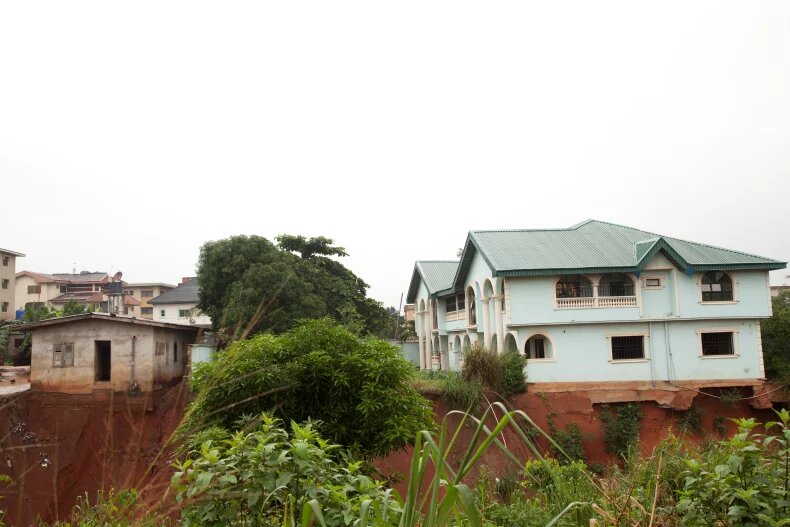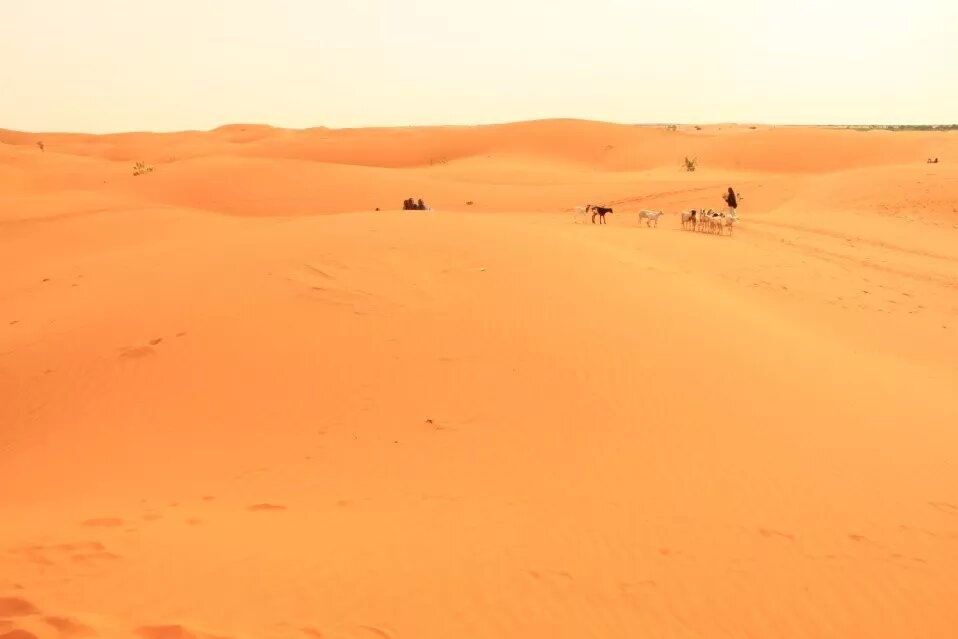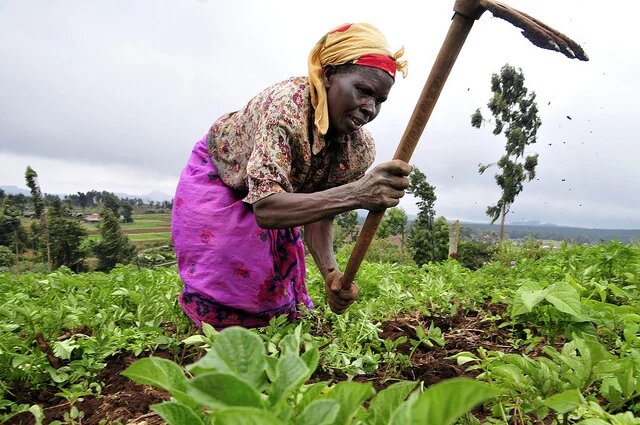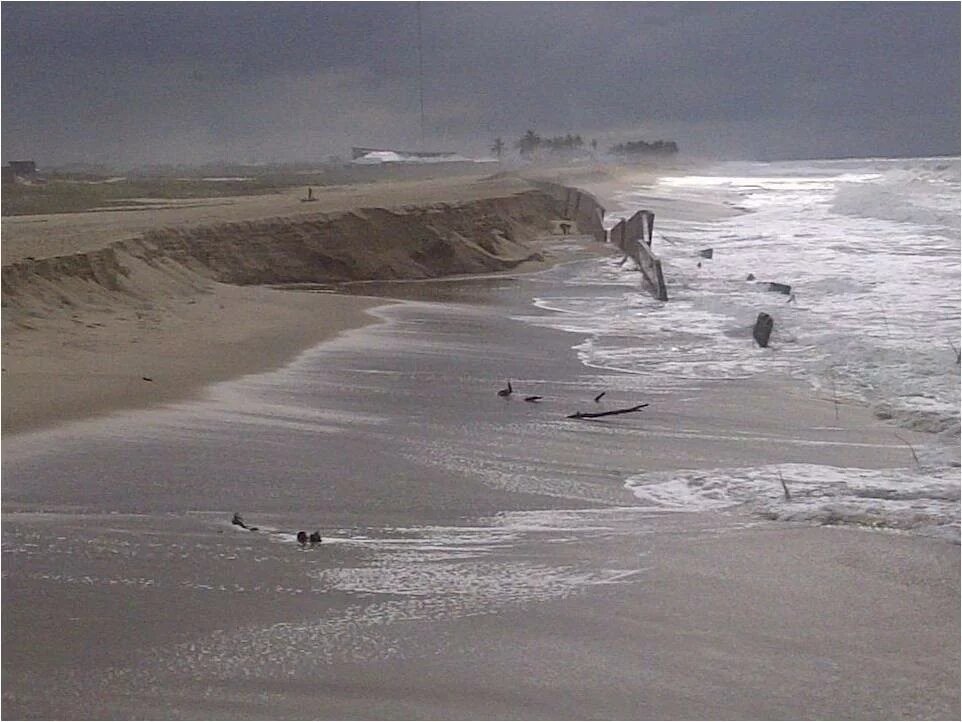

DESERTIFICATION
Eleven northern states – the so-called frontline states – representing 43% of the country’s land mass, are facing a relentless expansion of the Sahara. Africa’s biggest desert is expanding southwards by more than half a kilometer each year. With a continued rise in carbon emissions and more global warming, it is likely that the sand dunes will reach Abuja. Current science indicates that the number of hot days will double in Nigeria – with implications for agriculture as well as human and animal health. By 2020, if no climate change adaptation is implemented, between 2-11% of Nigeria’s GDP could potentially be lost. Where forests used to cool the climate in northern Nigeria, exposed landscapes and communities suffer from intense solar radiation. At the same time, people continue to cut down the remaining trees for cooking and baking of bread. A typical bakery uses one tree per day – that’s one forest of 300 trees lost every day for Jigawa State alone.
EROSION
AGRICULTURE
They might not know that global carbon emissions are the cause of their problems, but millions of Nigerian farmers – both women and men – are living the reality of climate change in form of degrading soils, diminishing harvests and resulting hunger. With further increases in carbon emissions, food security will be under extreme stress in Nigeria as large areas of land will become useless. Long-term records show that over the past 105 years, the average amount of rainfall per year dropped by 81 mm. As temperatures increase, agricultural outputs decline because of high evaporation rates, reduced soil moisture, lowering of the groundwater table and shrinking of surface water. Heat stress reduces farmers’ productivity and leads to rapid deterioration and wastage of farm produce. The biggest obstacle, however, is lack of knowledge on how to adapt to the changing climate – only 5% of Nigerian farmers have access to improved, climate resilient seeds. Bush burning remains a significant source of carbon emissions and is the no.2 emitter in Nigeria, after gas flaring in the Niger Delta.
FLOODING
CONFLICT


